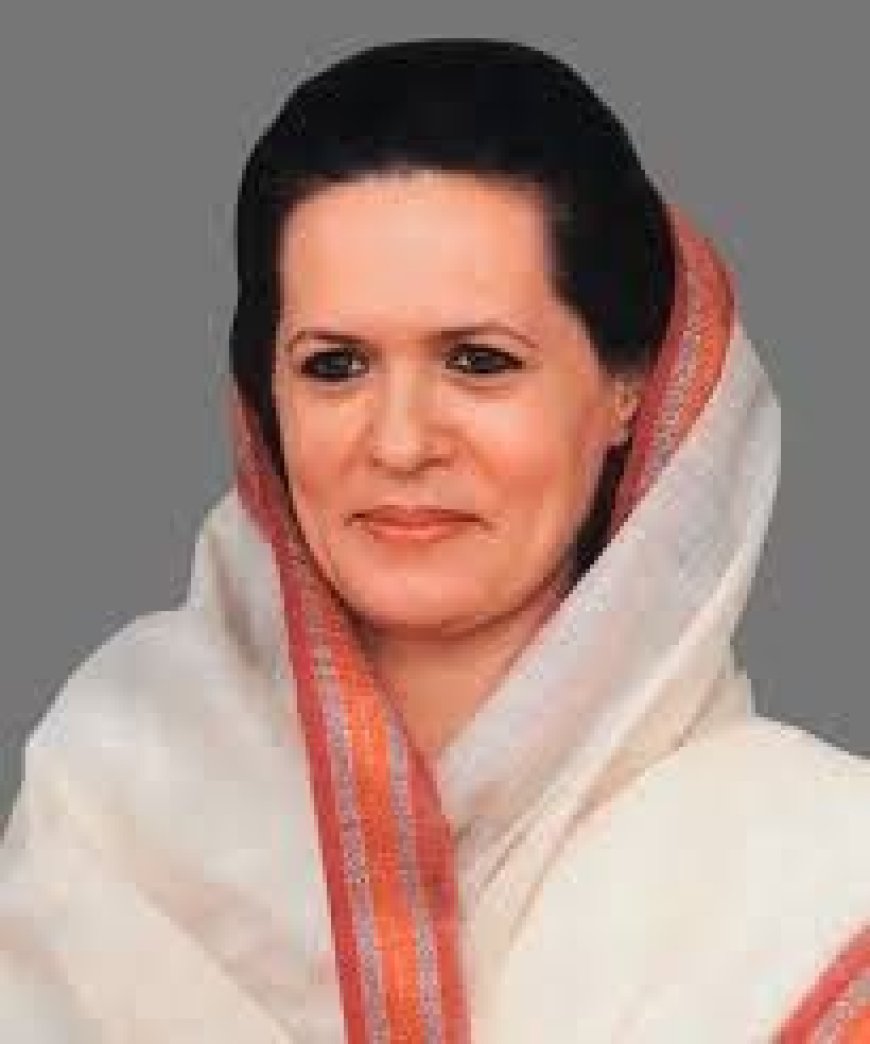Delhi Court Clears Sonia Gandhi in Decades-Old Voter Dispute
Delhi Court clears Sonia Gandhi in decades-old voter dispute, ending a long legal battle and reaffirming her voter eligibility after years.

Introduction
The name Sonia Gandhi has been in Indian politics for decades, and she remains a prominent figure. Recently, a legal controversy resurfaced: a plea claimed that her name was included in Delhi’s electoral rolls in 1980—three years before she officially became an Indian citizen (in 1983). On September 11, 2025, a Delhi court dismissed the case. The ruling provides relief to Sonia Gandhi and again brings into focus questions about citizenship, electoral rolls, and political narrative in India.
Historical Background
-
Sonia Gandhi, originally from Italy, acquired Indian citizenship on April 30, 1983.
-
Allegations surfaced that her name appeared in the electoral rolls of New Delhi in 1980, before her citizenship, and was then deleted in 1982, only to be re-entered in 1983.
-
The complaint was filed by advocate Vikas Tripathi; arguing that including a non-citizen’s name in voter rolls is irregular under electoral laws.
Why the Case Happened — Main Allegations
-
The petitioner alleged that the Representation of the People Act, 1950, requires citizenship for registration in electoral rolls; inclusion before citizenship would be unlawful.
-
The case was also politically charged: opposition parties claimed that it’s part of a broader effort to scrutinize or discredit prominent political leaders.
What the Court Decided / What Happened
-
On September 11, 2025, a Delhi court (Rouse Avenue Court) dismissed the plea seeking to register an FIR or probe into the matter.
-
The court found no legal basis to proceed. It rejected arguments that Sonia Gandhi's name inclusion in 1980, before her citizenship, warranted criminal action.
Key Points
-
Timeline discrepancy: Citizenship in 1983 vs alleged inclusion in 1980. Petitioners point to deletion in 1982, then re-entry in 1983.
-
Legal requirement: Under law, only a citizen can be on electoral roll. This was central to the complaint.
-
Evidence: Petitioner cited electoral rolls, but court presumably found evidence insufficient to establish wrongdoing beyond a plausible doubt.
Drawbacks / Criticisms of the Case / Arguments for Concern
-
Claimants say that even if evidence is contested, such questions matter for electoral integrity. If non-citizens are on voter rolls, that undermines trust.
-
Delay: This issue arose decades later; records from 1980/82 may be lost or unclear, making verification hard.
-
Politicisation: Critics say such cases risk being used as political tools rather than for genuine legal purport.
Latest Updates & Implications
-
As of the court’s decision, no FIR will be registered in this matter.
-
Detailed order text is anticipated, but key part is that complainant failed to show legal grounds.
-
Political reactions: Congress has described the matter as politically motivated. BJP leaders had previously raised the issue.
Important & Significance Factors
Advantages of the Court’s Decision:
-
Protects reputation of Sonia Gandhi and Congress in this instance.
-
Prevents potential misuse of election law allegations for political point-scoring without solid evidence.
-
Offers judicial clarity: what is required to lodge legal claims over electoral rolls & citizenship—burden of proof matters.
Disadvantages / Risks:
-
Leaves open possibility that electoral law compliance may be questioned often but dismissed if evidence thin — which might discourage legitimate petitions.
-
Could fuel further political polarisation over citizenship, voter list claims.
-
Public perception: even though cleared legally, allegations can leave lingering doubts among some sections.
Positive & Negative Outcomes
-
Positive: Upholding legal standard; avoiding frivolous FIRs; reinforcing that claims must meet legal thresholds.
-
Negative: Political damage already done in public sphere; trust erosion if people believe electoral fraud is common even when unproven; possible distrust of electoral institutions.
What Next? Plans & What Could Be Implemented
-
More thorough archival verification: ensuring electoral roll records are well maintained, especially old ones.
-
Clearer rules/procedures about how electoral roll entries are made, removed, restored — and how proof of citizenship is documented.
-
Possibly, the Election Commission might consider reviewing historical cases only where strong evidence exists.
-
Legal or policy reforms to prevent misuse of voter roll laws for political targeting.
Final Thoughts & Conclusion
This decision marks a legal relief for Sonia Gandhi, shutting down a decades-old complaint that could have had serious political, legal, and reputational consequences. Legally, the court appears to have adhered to standard principles: burden of proof, requirement of citizenship for electoral enrollment, and evidence evaluation.
However, even though the case is dismissed, its significance goes beyond Sonia Gandhi alone. It highlights how contested questions about citizenship, voter rolls, and political legitimacy continue to be central in Indian politics. The public discourse and political narrative often precede legal outcomes, so the court’s decision may not end debate but it clarifies the legal boundary.
In conclusion, while this ruling is vindication in legal terms for Sonia Gandhi, it underscores the importance of robust record keeping, impartial application of electoral laws, and avoiding politicization of legal instruments. The way forward involves strengthening institutional trust and ensuring that allegations are tested thoroughly before becoming tools of political warfare.

 Ellofacts
Ellofacts 





